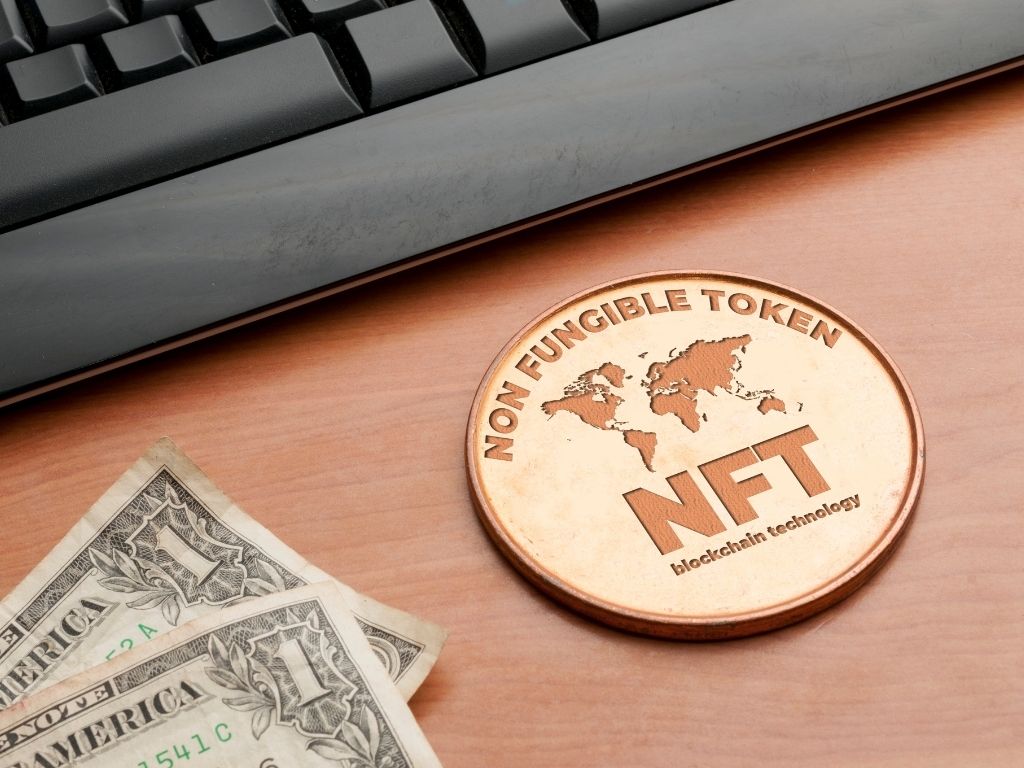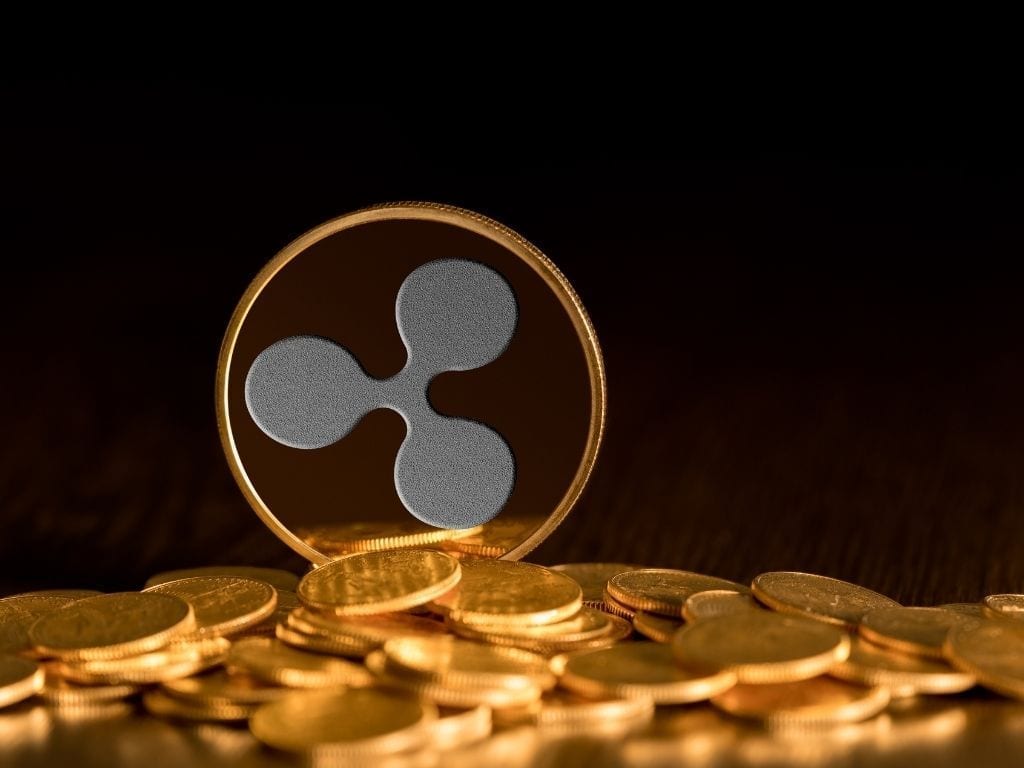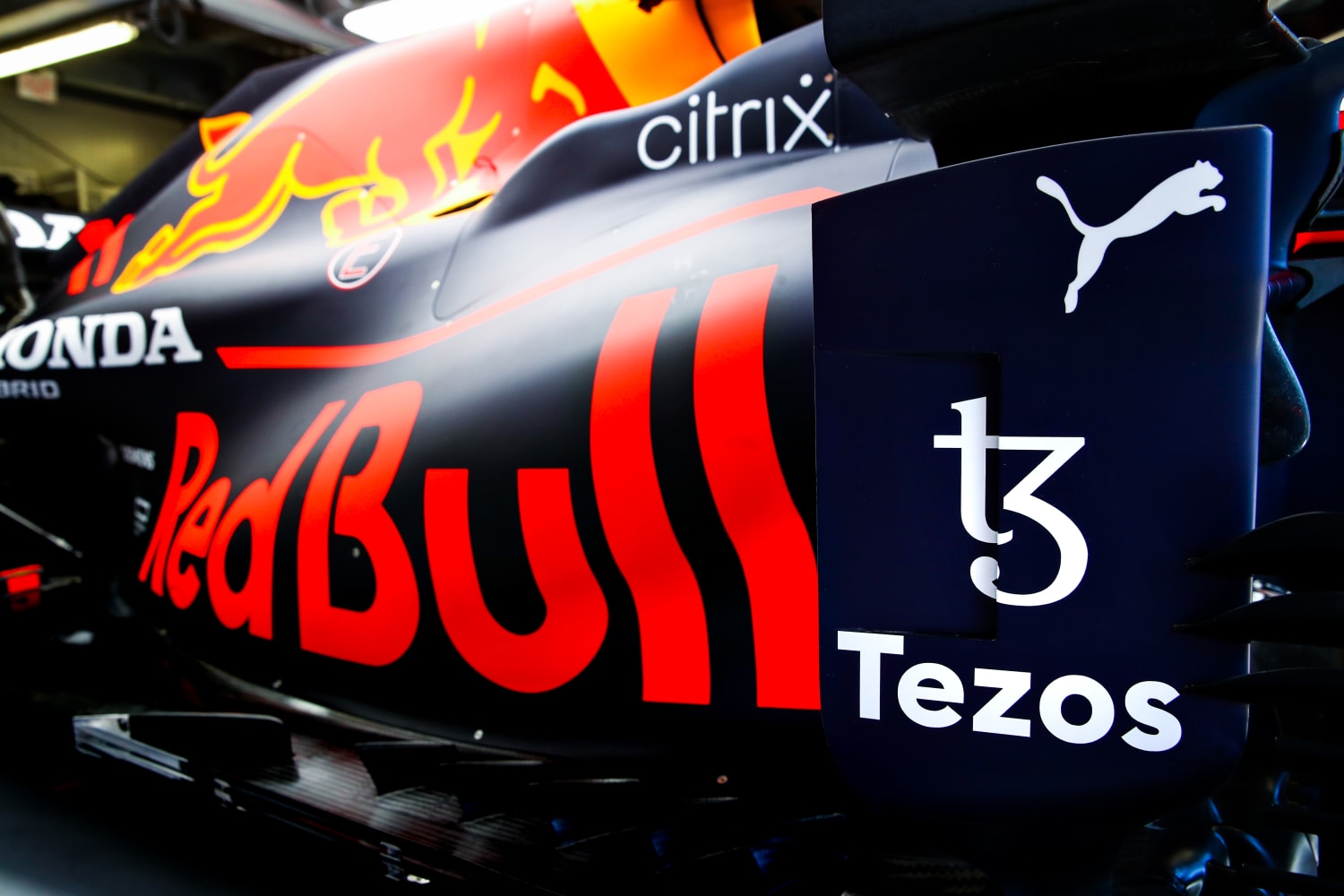Amazing Ways NFT Ticketing Is Revolutionizing the Sports Industry In 2024
NFT ticketing is changing how sports fans experience events. By moving away from traditional paper tickets, this new technology offers better security, unique fan experiences, and exciting opportunities for engagement. In this article, we will explore how NFT ticketing is reshaping the sports industry, making it more fun and reliable for fans and organizers alike.
Key Takeaways
- NFT tickets are unique and secure, making it hard for fraud to happen.
- Fans can enjoy special experiences and digital collectibles through NFT tickets.
- Major sports teams like the NBA are already using NFT ticketing to connect with fans.
- NFT ticketing helps reduce ticket scalping and ensures fair prices.
- The future of sports ticketing looks bright with more innovations on the way.
The Evolution of Ticketing: From Paper to NFTs
Challenges in Traditional Ticketing
Traditional ticketing has faced numerous issues that have frustrated both fans and event organizers. Some of the main problems include:
- Ticket fraud: Many fans have fallen victim to scams, buying fake tickets that lead to disappointment.
- Limited access: Fans often struggle to find tickets for popular events due to high demand and limited supply.
- Inflexibility: Once purchased, tickets are often non-transferable, making it hard for fans to share or sell them if they can’t attend.
The Rise of Digital Tickets
As technology advanced, digital tickets began to replace paper ones. This shift brought several benefits:
- Convenience: Digital tickets can be stored on smartphones, making them easy to access.
- Reduced costs: Eliminating paper tickets cuts down on printing and shipping expenses.
- Improved security: Digital tickets often come with QR codes, which help reduce fraud.
Introduction to NFT Ticketing
NFT ticketing is the next step in the evolution of event access. NFTs, or non-fungible tokens, are unique digital assets stored on a blockchain. This technology offers:
- Ownership verification: Each NFT ticket is one-of-a-kind, ensuring authenticity.
- Transferability: Fans can easily buy, sell, or trade their tickets on various platforms.
- Enhanced experiences: NFT tickets can include perks like exclusive content or access to special events.
NFT ticketing is not just about entry; it’s about creating lasting memories and experiences for fans.
In summary, the evolution from paper tickets to NFTs represents a significant shift in how fans engage with events, unlocking new possibilities for both organizers and attendees. This transformation is paving the way for a more secure and enjoyable ticketing experience.
How NFT Ticketing Works in the Sports Industry
Understanding Blockchain Technology
NFT ticketing uses blockchain technology to create unique digital tickets. Each ticket is a non-fungible token (NFT) that is stored on a blockchain, making it secure and verifiable. This means that every ticket can be tracked, ensuring that it is genuine and not a counterfeit. This technology helps to eliminate fraud and provides a transparent record of ownership.
The Process of Minting NFT Tickets
Creating NFT tickets involves several steps:
- Choose a Blockchain: Event organizers select a blockchain platform to create their tickets.
- Mint the NFT: The tickets are created as NFTs, which are unique digital assets.
- Set Pricing: Organizers can set a fixed price or auction the tickets to the highest bidder.
- Distribute to Buyers: Once purchased, the NFT tickets are sent to the buyer’s digital wallet.
Security and Transparency Benefits
NFT ticketing offers several advantages over traditional ticketing:
- Reduced Fraud: Each ticket is unique and can be verified on the blockchain.
- Transparent Transactions: All transactions are recorded, making it easy to track ownership.
- Resale Opportunities: Fans can resell their tickets securely, often at fair prices.
NFT ticketing is changing how fans experience events, making it easier and safer to attend their favorite games.
In summary, NFT ticketing is a game-changer for the sports industry, providing a secure, transparent, and engaging way for fans to enjoy events.
Major Sports Organizations Embracing NFT Ticketing
NBA and NFT Ticketing
The NBA has been a pioneer in the NFT space, leading the way for other sports leagues. They launched NBA Top Shot, which allowed fans to buy, sell, and trade officially licensed NBA collectible highlights. This initiative not only engaged fans but also created a new revenue stream for the league.
European Football Clubs’ Adoption
European football clubs are also jumping on the NFT bandwagon. For example, FC Barcelona released an NFT collection to support an environmental sustainability project. Fans who held these NFTs had the chance to win prizes, including signed jerseys. Other clubs are offering unique experiences, like meet-and-greets with players, through NFT ownership.
Case Study: Golden State Warriors
The Golden State Warriors were the first professional sports team to release an NFT collection that included digital memorabilia and tickets to future games. This innovative approach provided fans with a unique blend of digital collectibles and real-world benefits, enhancing their overall experience.
NFT ticketing is not just about selling tickets; it’s about creating memorable experiences for fans.
| Sports Organization | NFT Initiative | Key Features |
|---|---|---|
| NBA | NBA Top Shot | Collectible highlights, trading platform |
| FC Barcelona | NFT Collection | Prizes, signed jerseys, sustainability |
| Golden State Warriors | NFT Collection | Digital memorabilia, game tickets |
In summary, major sports organizations are embracing NFT ticketing to enhance fan engagement and create new revenue opportunities. This trend is reshaping how fans interact with their favorite teams and events.
Enhancing Fan Engagement Through NFT Ticketing
Exclusive Access and Experiences
NFT ticketing is changing how fans connect with their favorite sports teams. These tickets can offer more than just entry to an event. They can include special perks like:
- Access to meet-and-greet sessions with players
- Exclusive digital content
- Unique digital collectibles that fans can keep as souvenirs
Digital Collectibles and Memorabilia
With NFT tickets, fans can own a piece of their favorite events. These digital collectibles can serve as mementos, making the experience more memorable. For example, fans might receive a digital ticket stub that is artistically designed, which they can keep forever. This adds a personal touch that traditional tickets lack.
Interactive Fan Clubs and Communities
NFT ticketing also helps build stronger fan communities. Fans can join exclusive online groups where they can:
- Share their experiences
- Participate in discussions about their favorite teams
- Access special events or promotions
NFT ticketing not only enhances the experience of attending an event but also fosters a sense of belonging among fans.
In summary, NFT ticketing is not just about getting into a game; it’s about creating a richer, more engaging experience for fans. By offering exclusive access, unique collectibles, and interactive communities, NFT ticketing is truly revolutionizing how fans engage with sports.
Economic Impacts of NFT Ticketing in Sports
Revenue Generation Opportunities
NFT ticketing is opening up new ways for sports organizations to earn money. Here are some key points:
- Increased ticket sales: With unique NFT tickets, teams can attract more fans.
- Resale opportunities: NFT tickets can be resold, allowing teams to earn a percentage from each sale.
- Exclusive content: Teams can offer special experiences or merchandise linked to NFT tickets, boosting revenue.
Reducing Fraud and Counterfeiting
One of the biggest problems in traditional ticketing is fraud. NFT ticketing helps solve this issue:
- Unique identifiers: Each NFT ticket is one-of-a-kind, making it hard to fake.
- Blockchain technology: This ensures that all transactions are secure and transparent.
- Trust: Fans can buy tickets knowing they are legitimate, which increases overall sales.
Market Projections and Growth
The future looks bright for NFT ticketing in sports. Here are some projections:
| Year | Market Size (in billions) | Growth Rate (%) |
|---|---|---|
| 2023 | 5 | 20 |
| 2025 | 10 | 25 |
| 2027 | 23 | 30 |
NFT ticketing is not just a trend; it’s a revolution in how sports organizations can manage ticket sales and engage with fans.
In summary, NFT ticketing is changing the game for sports organizations by creating new revenue streams, reducing fraud, and showing promising growth in the market.
Future Trends in NFT Ticketing for Sports
Integration with Virtual Reality
The future of NFT ticketing is closely tied to virtual reality (VR). As technology advances, fans may experience games in immersive environments. Imagine attending a game from your living room, feeling as if you are right in the stadium! This could change how fans interact with their favorite teams.
Potential for Global Fan Participation
NFT ticketing opens doors for fans worldwide. With digital tickets, people from different countries can attend events virtually. This means that even if you can’t be there in person, you can still enjoy the experience. The ability to connect with fans globally is a game-changer for sports organizations.
Innovations in Ticket Resale and Transfer
NFTs allow for easy resale and transfer of tickets. Fans can sell their tickets on open markets without worrying about fraud. This could lead to a more fair ticketing system where prices are determined by demand. Here are some key points:
- Secure transactions: Blockchain technology ensures that all sales are safe.
- Transparent pricing: Fans can see the history of ticket prices, making it easier to buy or sell.
- Flexibility: Fans can transfer tickets to friends or family easily.
The shift to NFT ticketing is not just about technology; it’s about creating a better experience for fans and teams alike.
In summary, the future of NFT ticketing in sports looks bright. With advancements in VR, global participation, and innovative resale options, fans can expect a more engaging and secure experience.
Environmental and Social Benefits of NFT Ticketing
Reducing Environmental Footprint
NFT ticketing significantly cuts down on the need for physical tickets, which often require paper and other materials. By going digital, we help save trees and reduce waste. This shift not only benefits the environment but also aligns with the growing demand for sustainable practices in sports.
Promoting Sustainability in Sports
- Less Waste: With NFT tickets, there’s no need for printing, shipping, or disposing of paper tickets.
- Energy Efficiency: Digital transactions consume less energy compared to traditional ticketing methods.
- Awareness: Sports organizations can use NFT ticketing to promote eco-friendly initiatives, encouraging fans to participate in sustainability efforts.
Social Impact and Community Building
NFT ticketing fosters a sense of community among fans. By offering exclusive experiences and digital collectibles, it creates a more engaging environment. Fans can connect over shared interests, enhancing their overall experience.
NFT ticketing not only transforms how we attend events but also encourages a more responsible and connected fan culture.
Highlighting Key Benefits
| Benefit | Description |
|---|---|
| Environmental Savings | Reduces paper usage and waste |
| Community Engagement | Fosters connections among fans |
| Sustainability Awareness | Promotes eco-friendly practices in sports |
Conclusion
In summary, NFT ticketing is changing the way we think about tickets in sports and events. By using blockchain technology, these digital tickets are safe and unique, which helps prevent fraud and makes it easier for fans to buy and sell them. This new system not only protects fans but also gives them special experiences, like exclusive access to events or unique collectibles. As more teams and event organizers start using NFT tickets, we can expect a more exciting and secure way for fans to enjoy their favorite sports and events.
Frequently Asked Questions
What is NFT ticketing?
NFT ticketing is when tickets for events are created as unique digital items on a blockchain. This makes them secure and easy to verify.
How do NFT tickets prevent fraud?
NFT tickets are stored on a blockchain, which makes them hard to fake. Each ticket is unique, so it’s easy to check if a ticket is real.
Can I resell my NFT tickets?
Yes, you can sell your NFT tickets on online marketplaces if you can’t attend the event.
What are the benefits of using NFT tickets?
NFT tickets offer better security, transparency, and unique experiences for fans, like special access or collectibles.
Are NFT tickets just for sports events?
No, NFT tickets can be used for many events, including concerts, festivals, and conferences.
How can I buy NFT tickets?
You can buy NFT tickets through platforms that sell them, and you will store them in a digital wallet.
Stay informed with daily updates from Blockchain Magazine on Google News. Click here to follow us and mark as favorite: [Blockchain Magazine on Google News].
Get Blockchain Insights In Inbox
Stay ahead of the curve with expert analysis and market updates.
latest from tech
Disclaimer: Any post shared by a third-party agency are sponsored and Blockchain Magazine has no views on any such posts. The views and opinions expressed in this post are those of the clients and do not necessarily reflect the official policy or position of Blockchain Magazine. The information provided in this post is for informational purposes only and should not be considered as financial, investment, or professional advice. Blockchain Magazine does not endorse or promote any specific products, services, or companies mentioned in this posts. Readers are encouraged to conduct their own research and consult with a qualified professional before making any financial decisions. The featured image used is just a creative depiction of the title and it does not intend to hurt sentiments of any person or institution. If it hurts anyone sentiments, please do not hesitate to reach out to Blockchain Magazine.

 Bitcoin
Bitcoin  Ethereum
Ethereum  XRP
XRP  Tether
Tether  Solana
Solana  USDC
USDC  Dogecoin
Dogecoin  Cardano
Cardano  Lido Staked Ether
Lido Staked Ether  TRON
TRON  Wrapped Bitcoin
Wrapped Bitcoin  Chainlink
Chainlink  Wrapped stETH
Wrapped stETH  Sui
Sui  Avalanche
Avalanche  Stellar
Stellar  Hedera
Hedera  Toncoin
Toncoin  Shiba Inu
Shiba Inu  LEO Token
LEO Token  Hyperliquid
Hyperliquid  Bitget Token
Bitget Token  Litecoin
Litecoin  WETH
WETH  USDS
USDS  Polkadot
Polkadot  Bitcoin Cash
Bitcoin Cash  Ethena USDe
Ethena USDe  MANTRA
MANTRA  Wrapped eETH
Wrapped eETH  Uniswap
Uniswap  Pepe
Pepe  Ondo
Ondo  Monero
Monero  Aave
Aave  WhiteBIT Coin
WhiteBIT Coin  NEAR Protocol
NEAR Protocol  Mantle
Mantle  Official Trump
Official Trump  Aptos
Aptos  Dai
Dai  Internet Computer
Internet Computer  Ethereum Classic
Ethereum Classic  Bittensor
Bittensor  Cronos
Cronos  OKB
OKB  POL (ex-MATIC)
POL (ex-MATIC)  Gate
Gate 




